When a child of any gender within a
Zun-Ara comes of age, they may choose to commit to a comming of age ceremony called the
Nam-Khet Bennu. This ceremony is not
required in order to be considered an adult within Enethian culture, as that is something which is itself granted merely by age. However, it
is required to be considered an independant member of the
community without necessitating an arrangement such as marriage; being independent within the community allows one to lead religious ritual, have a voice concerning community issues, create one's own household, and many other things.
Due to the unforgiving nature of- and many dangers faced within- the
Chisisi Desert, though, choosing to undertake the
Nam-Khet Bennu ceremony is not a decision made lightly or spontaneously; a child prepares their entire life for the decision, and many often choose not to take on such obligations and responsibilities. If they
do decide to participate, the child must first leave their family's
Zun-Ara on a solitary mission of their own to find a stalk of
Nefru: A rare Herb which grows in the hottest expanses of the desert. It is a key component of the ritual meal that comes later in the ceremony. If the child returns successful, having obtained the
Nefru as a symbol of their commitment to the ceremony, then the entire populace of their family's
Zun-Ara (except for those unable to travel, or who are unable to hunt), leave off into the desert for the second part: To hunt a (CREATURE).
The populace of the family
Zun-Ara are only present during the journey for moral, later labor, and other support, however, and may lend no aid to the child during the journey. The child whose ceremony it is must
themselves commit to the action of tracking and slaying the (CREATURE) on their own, without any aid. This is itself a symbol of their capability to face- and overcome- the dangers that may lurk within the Desert. If they are successful on this second mission, then, once the (CREATURE) is killed the heart is rutually prepared with
Nefru collected earlier for the child to eat- thus marking them, finally, as a full and complete adult and independant member of the Enethian community. The rest of the meat is smoked, dried, or otherwise prepared for storage so that it doesn't go to waste.
Meanwhile, while the child prepares the ritual meal for themself, the bones and other materials from the (CREATURE) are used by the accompanying populace of their family's
Zun-Ara to construct a new
Zun-Ara for the child on the site where the beast fell. This then becomes the child's new household, of which
they are the head. Afterwards the child is presented to the rest of the community within the area via another "coming out" ceremony of sorts- during which they are formally introduced to the community's
Besai; an Enethian Matchmaker who will find a suitable spouse for them to start a family with.







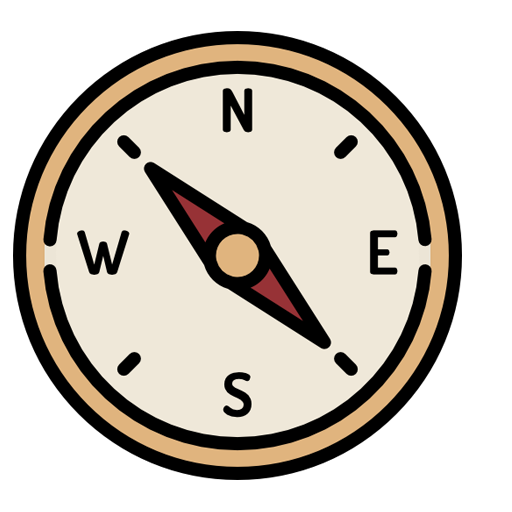


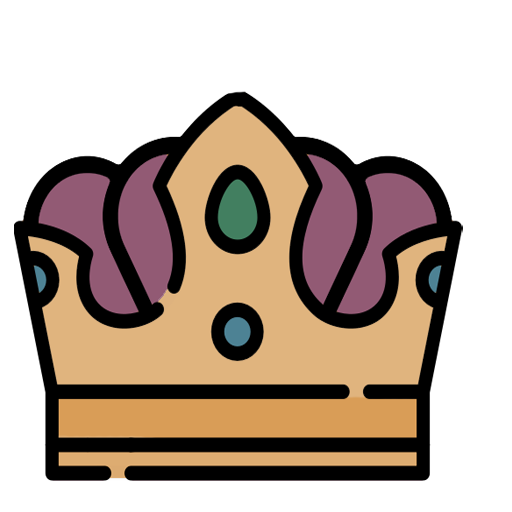

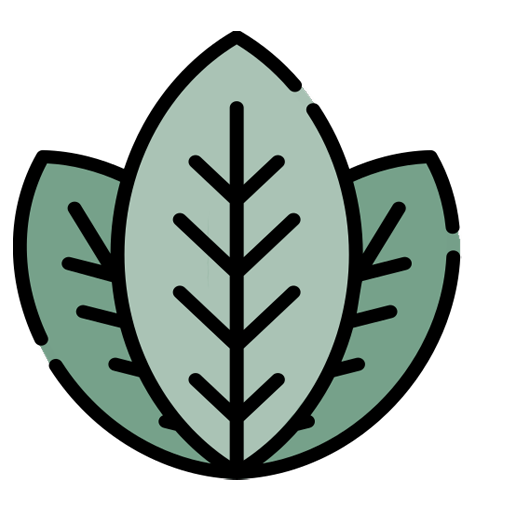
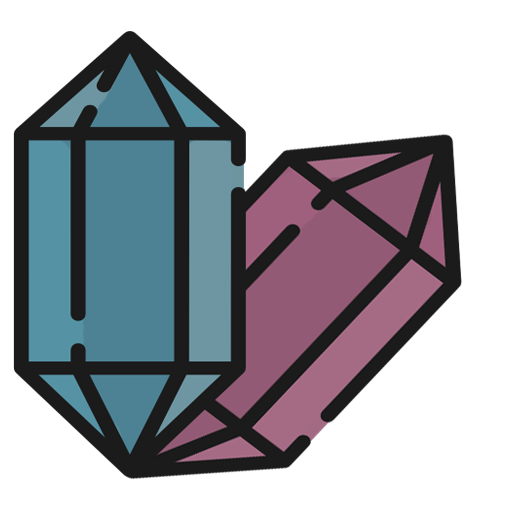








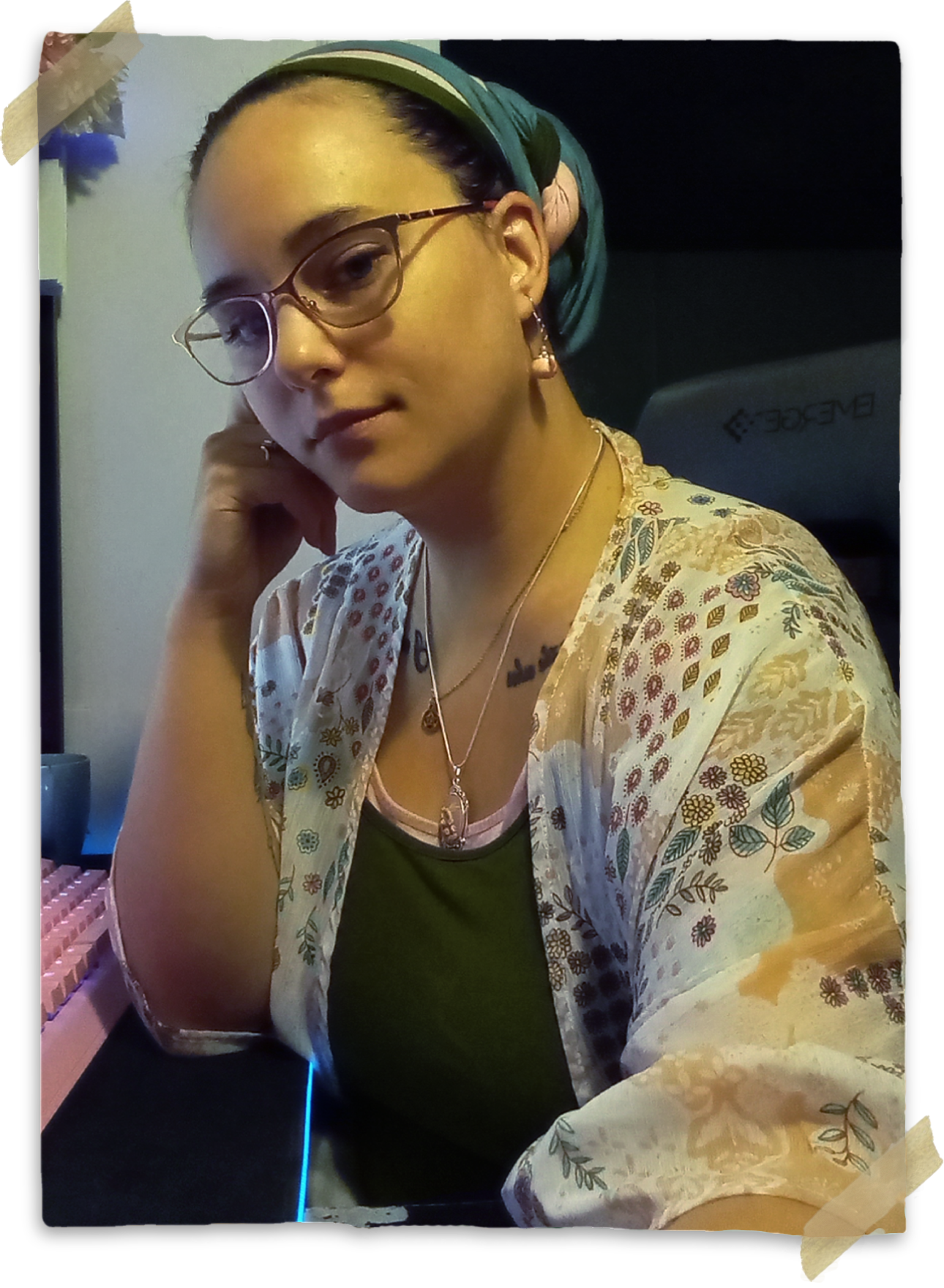
Comments
Author's Notes